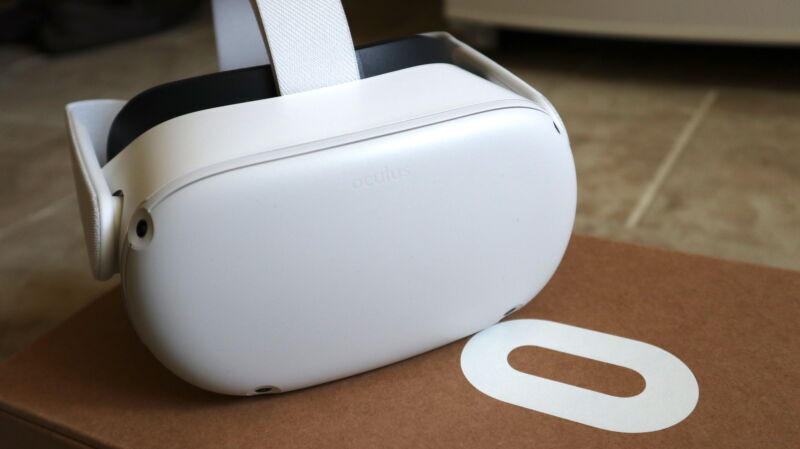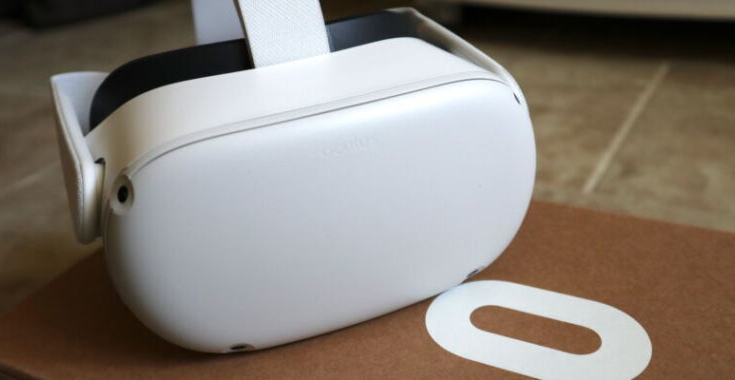
Meta, the company formerly known as Facebook, has pulled the plug on its current efforts to develop an operating system for AR and VR devices, The Information reported today.
Citing “two people familiar with the decision,” the article claims that Meta will return to the status quo of running Oculus devices—and perhaps future mixed reality devices—on a modified version of Google’s Android operating system for mobile phones.
The project, which was internally called XROS, had reportedly been underway for years and “involved hundreds of employees.” Meta CEO Mark Zuckerberg was talking up its potential only a few short months ago. The reasons for Meta’s decision to pull the plug are not publicly known at this time.
From the outside, the decision appears to be a major setback in a brewing war over mixed reality between Meta, Apple, and potentially other tech giants. Apple’s upcoming VR or AR headsets will without a doubt run a custom-made operating system that is designed to leverage tight integration with the hardware for strong performance and a stable experience.
It could be difficult for Facebook to compete with that without its own, ground-up software. That said, Facebook and Apple may end up targeting very different use cases for AR and VR; their ultimate strategies remain a mystery to most.
Facebook was renamed “Meta” as part of an overall pivot for the company toward developing more immersive experiences—the name is a (somewhat off-target) nod to the metaverse of science fiction. The change suggested that Meta sees mixed reality or XR (a catch-all term for both AR and VR technologies) as the future of the company.
It’s therefore surprising that Meta has reportedly decided to call off its work on XROS, but it’s also possible that the project will be reborn in another form in the future.
Analysts and reporters have been publishing reports saying that Apple’s first mixed reality headset could hit the market as soon as this year, though it’s unlikely to be a mass market consumer device. Meta is already in the market thanks to its acquisition of Oculus and the marked success of the Oculus Quest. But this apparent setback suggests that Apple may be ahead on some aspects of the tech.
That said, there have also been reports that Apple has been bleeding talent out of its AR division to other companies—including Meta—for reasons that are not yet apparent.
If there’s one clear takeaway from these developments, it may be that the much-predicted mixed reality revolution is still in a troubled infancy.



